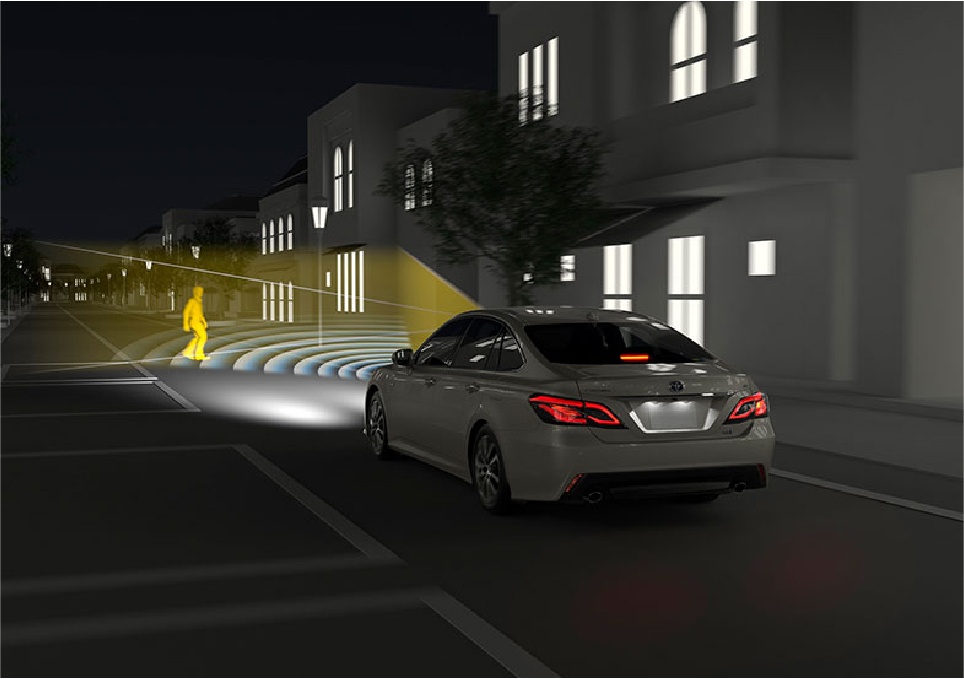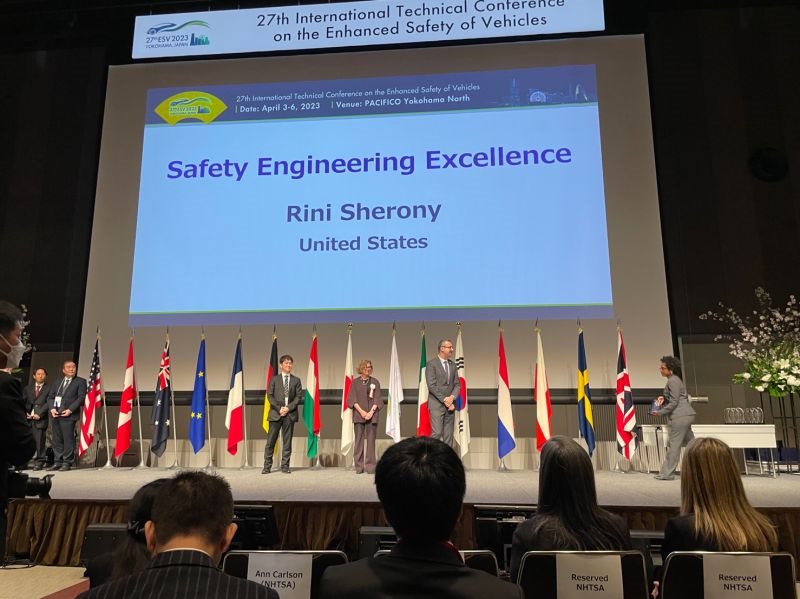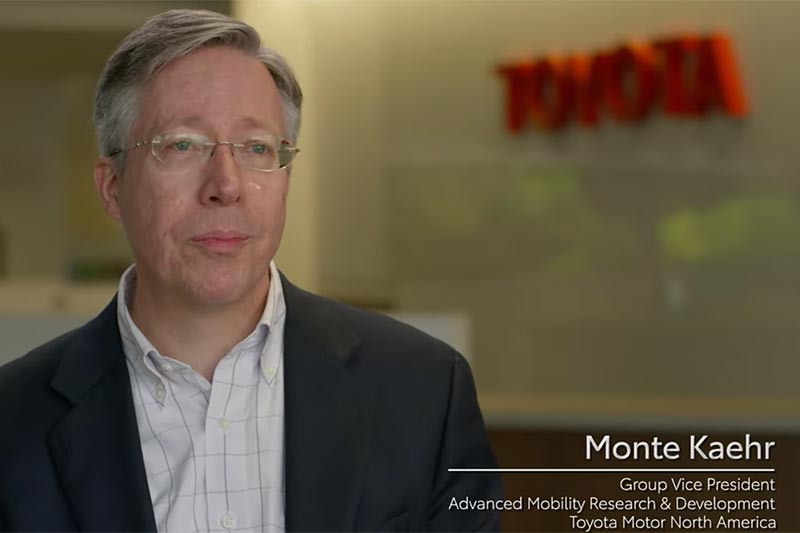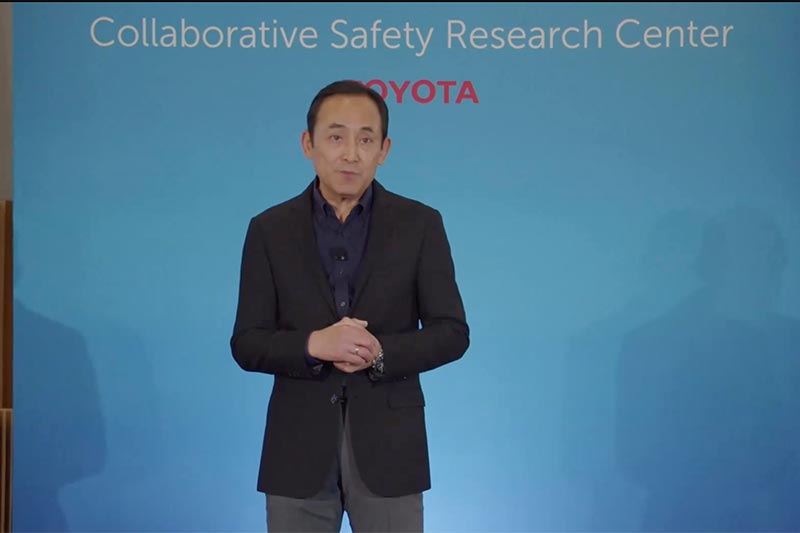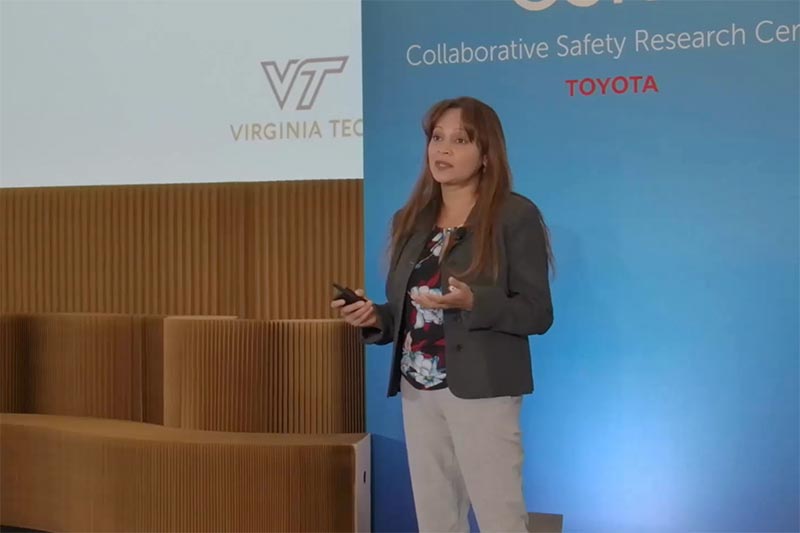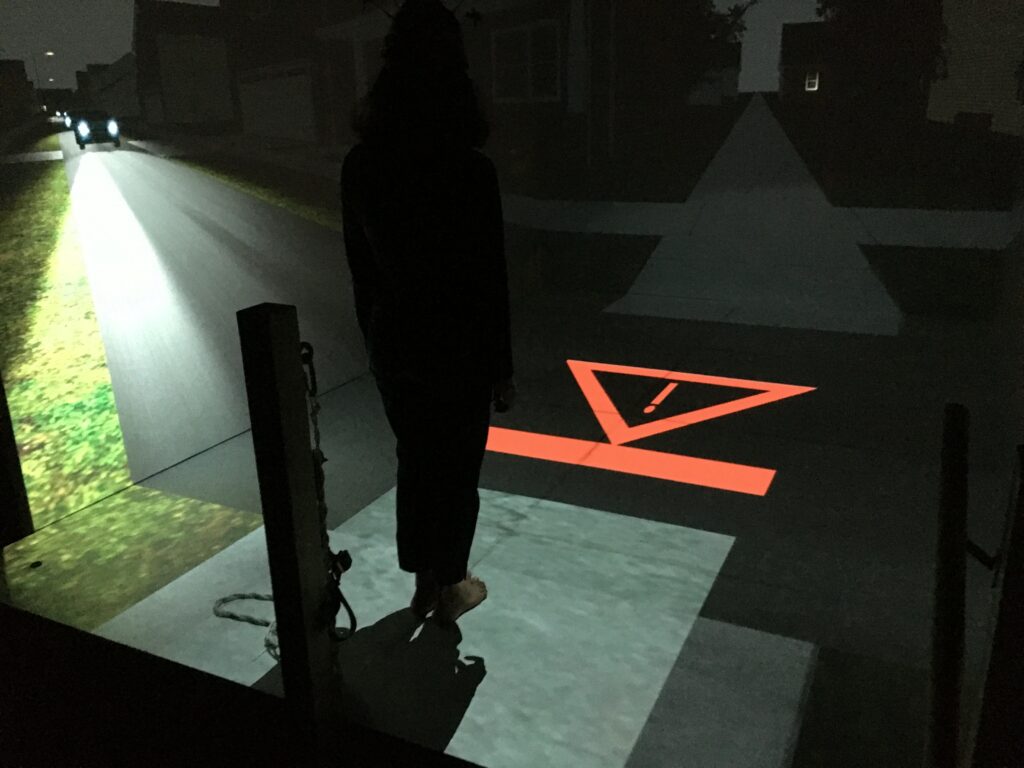
What We Do
The Toyota Collaborative Safety Research Center (CSRC) conducts mobility safety research and publicly shares it for societal benefit.
Since 2011, CSRC has partnered with leading universities, hospitals, and other research institutions.
Show MoreHOW WE WORK
By focusing on three core pillars – Collaboration, Analysis and Outreach – we’re helping to lead the way to support the development, testing and implementation of safety innovations.
Collaboration: We’ve partnered with leading universities, hospitals, and other research institutions to support the research of new and advanced safety technologies designed to help reduce the number of traffic fatalities and injuries.
Analysis: We look at mobility as a system – which includes vehicles, people, and infrastructure – and examine the impact of each element on overall safety. We believe that advances can be made to help reduce the number of injuries and fatalities by focusing on the individual elements in a crash and how they work together as a whole.
Outreach: We publish our research so that it will be readily available to federal agencies, the auto industry and academia. In fact, our goal is to share as much research as possible to help ensure everyone can benefit from our findings.
CSRC NEXT:
Launched in 2017, CSRC Next builds upon the insights gained from the CSRC’s first five years to direct $35 million towards safety research into advanced vehicle technologies. CSRC Next also supports ongoing research programs at other Toyota affiliates such as Woven Holdings, Toyota Connected (TC), and the Toyota Research Institute (TRI) to help accelerate the development of automated and connected driving technologies and services.
SOME OF THE KEY QUESTIONS CSRC NEXT IS SEEKING TO ANSWER ARE:
- What are the safety research gaps that come with advanced technology?
- What safety advances can newly developed smart infrastructures provide?
- Are there better ways to educate drivers on new and developing vehicle features?
- Can driving behavior be modified with new technology like wearables?
- What additional skills will new technology require of drivers in ten years?
- Who will be the “at-risk populations” in ten years and beyond?”
We strive to share as much of our research as possible, with the hope the automotive industry can benefit from the findings of our safety advances. Explore our projects and discover what we work on.
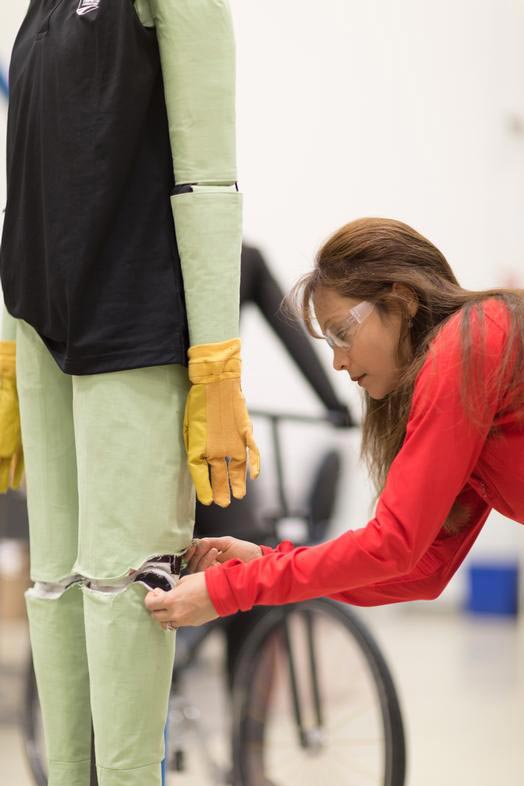
CSRC team members are furthering its mission: advancing safety for all. When you join the CSRC team, you’ll be taking a collaborative approach to move forward mobility safety systems across the industry at an accelerated rate to contribute to a safer future.
For a listing of available jobs, visit Toyota’s career portal.
CSRC is led by a team of industry-leading scientists and engineers with a diverse background in safety research.
CSRC is led by a team of industry-leading scientists and engineers with a diverse background in safety research.
We work with key strategic partners including leading universities and research hospitals; working to identify potential research gaps that can be explored further and engaging in projects that leverage the expertise and ingenuity of these institutions. Unlike proprietary research programs, CSRC is committed to sharing its findings throughout the industry to enhance the mobility and happiness of all.

